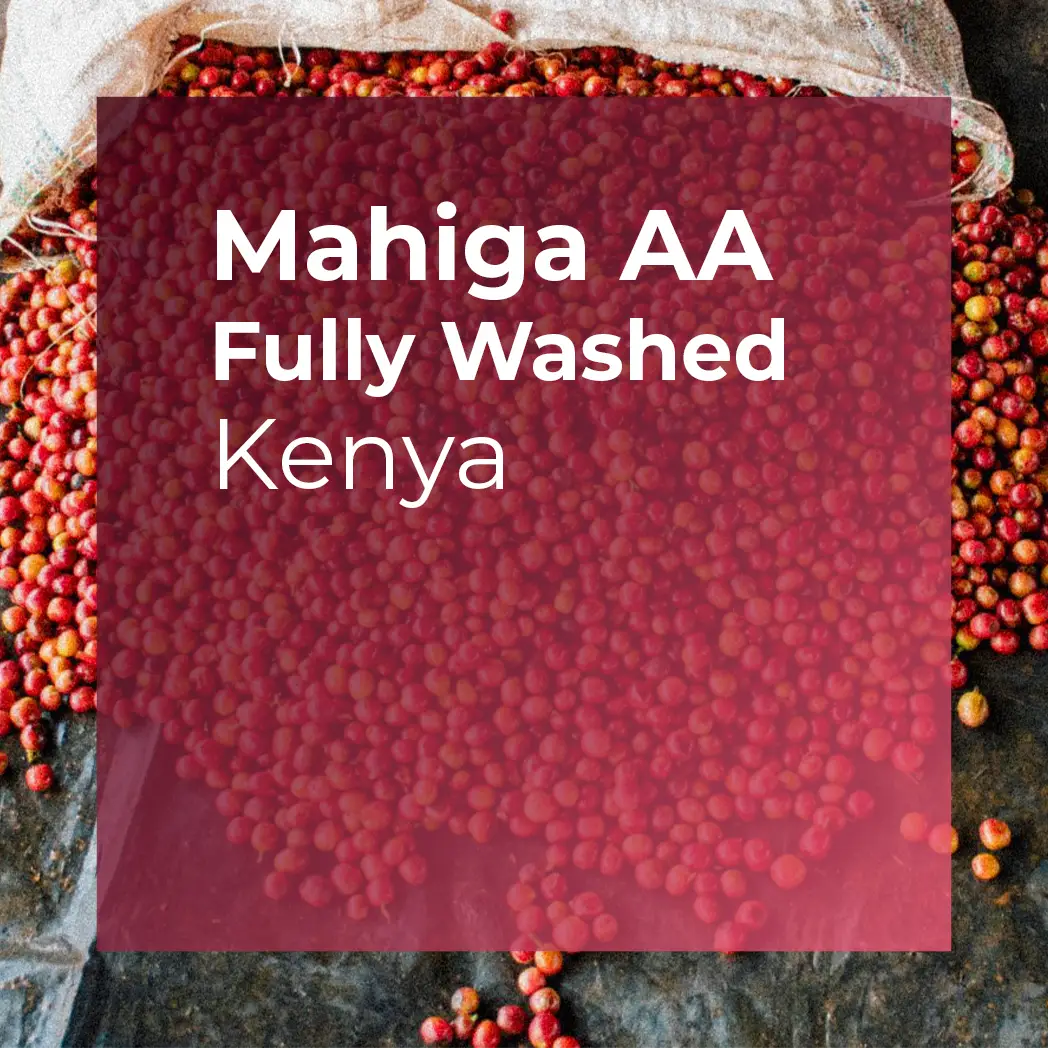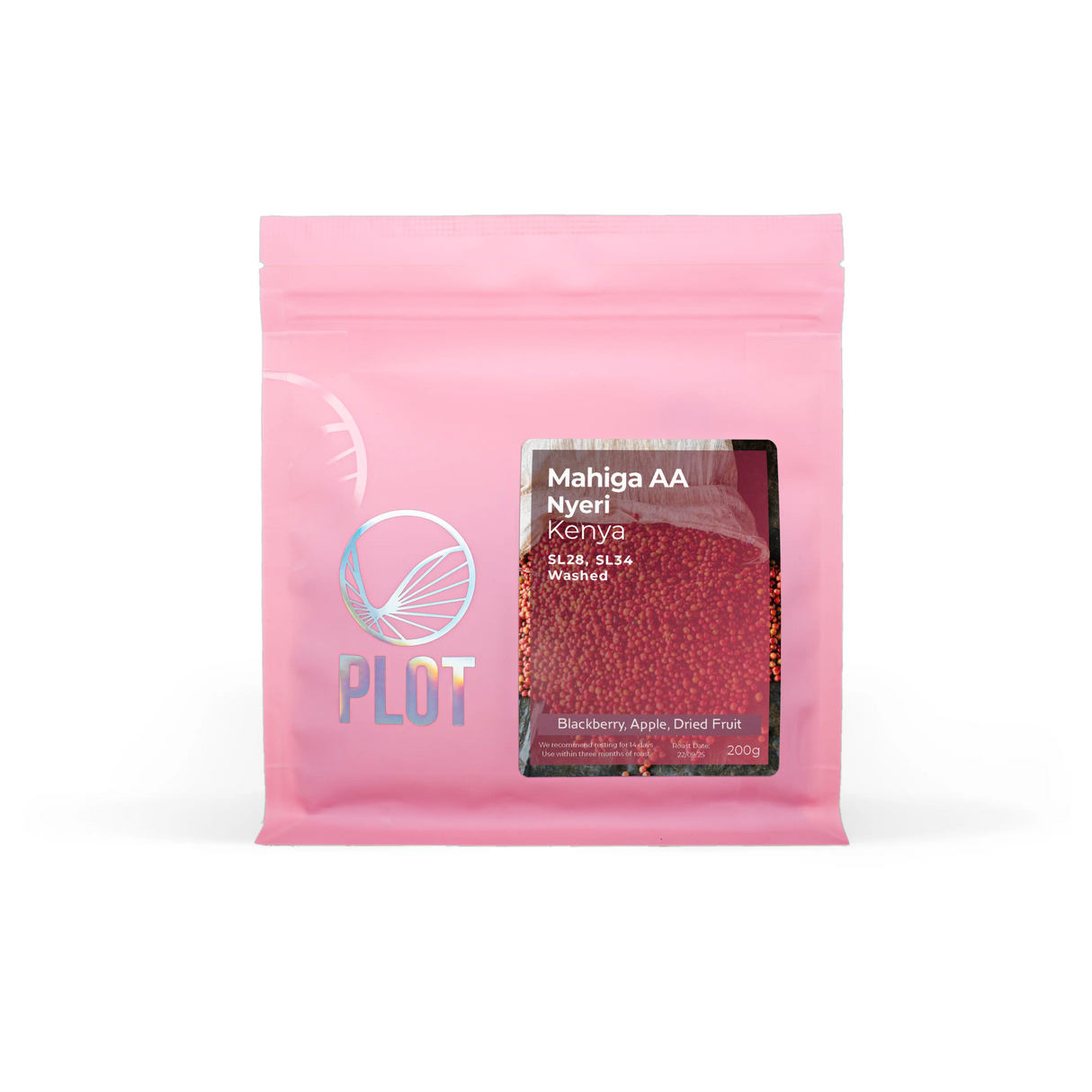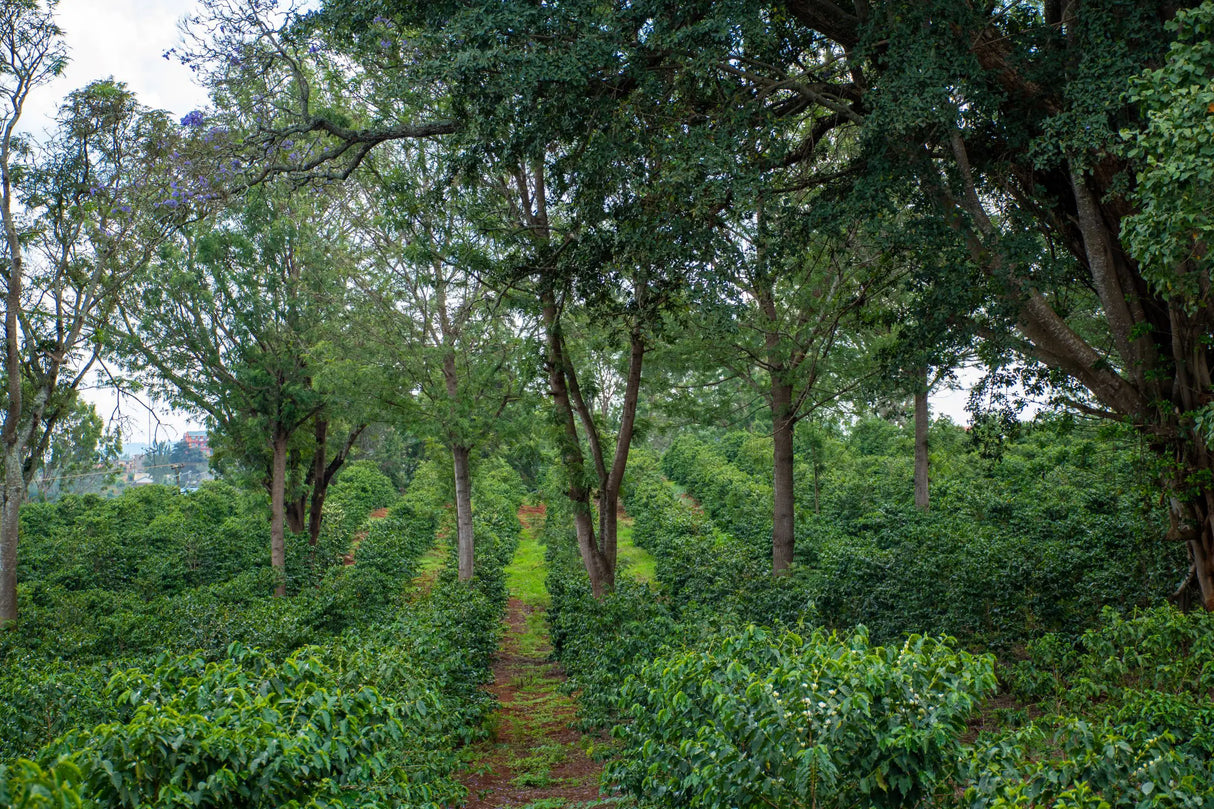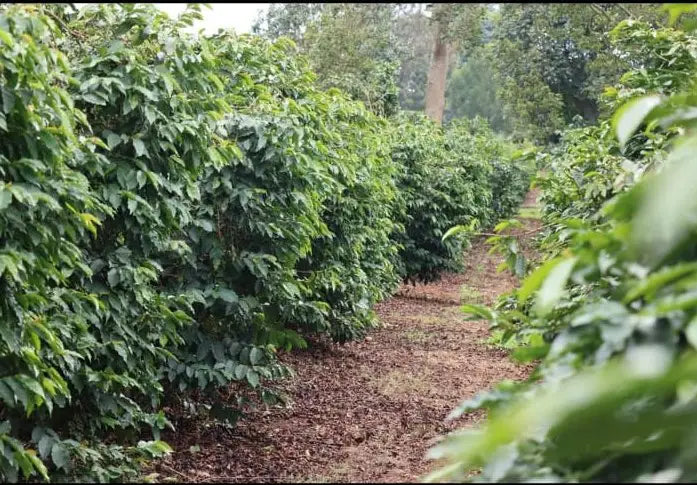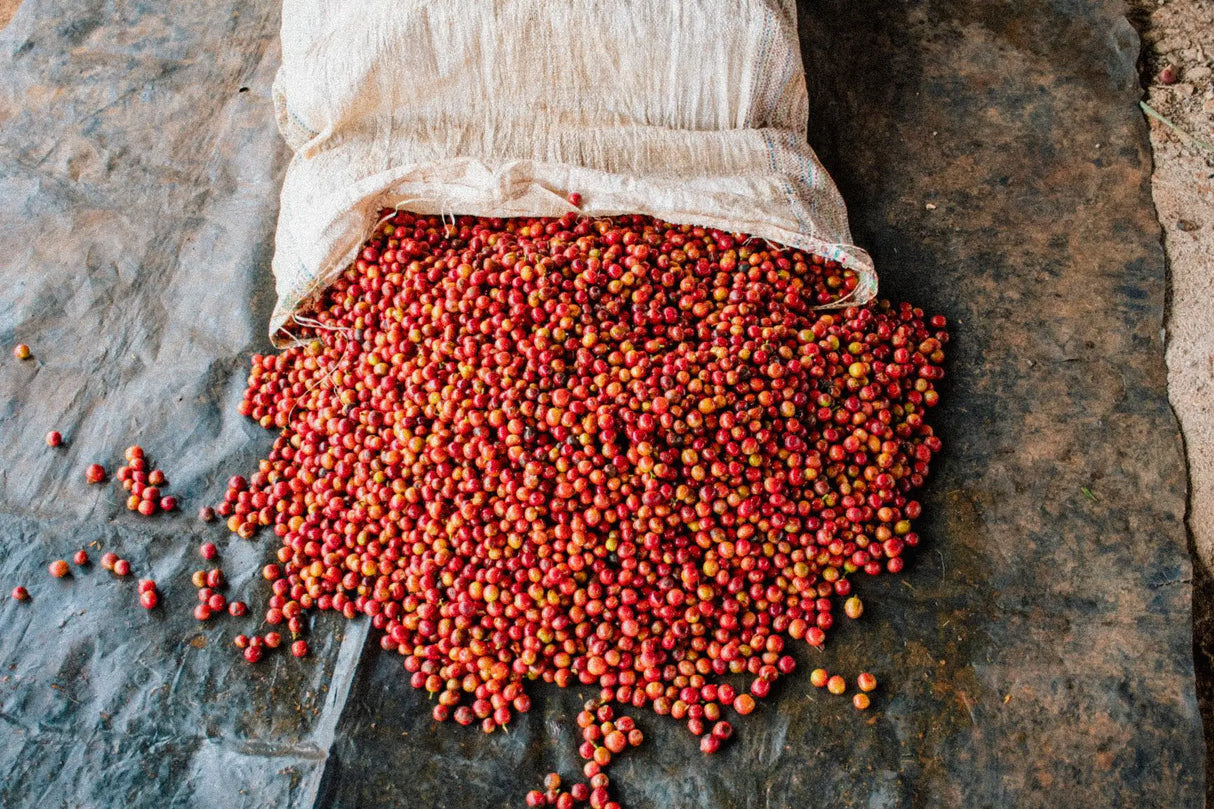MAHIGA AA, Fully Washed
£11.50
Unit price
/
Unavailable
MAHIGA AA, Fully Washed - 200g is backordered and will ship as soon as it is back in stock.
Lot Info
Lot Info
Producer
Producer
Cultivar
Cultivar
Process
Process
Traceability
Traceability
| Producer | Mahiga Factory |
| Location | Mumwe, Nyeri, Kenya |
| Elevation | 1,700 - 1,900 masl |
| Cultivar | SL28, SL34 |
| Preparation | Washed |
| Harvest | November - January 2025 |
| Arrival | July 2025 |
| Exporter | tbc |
| Importer | Falcon Specialty |

